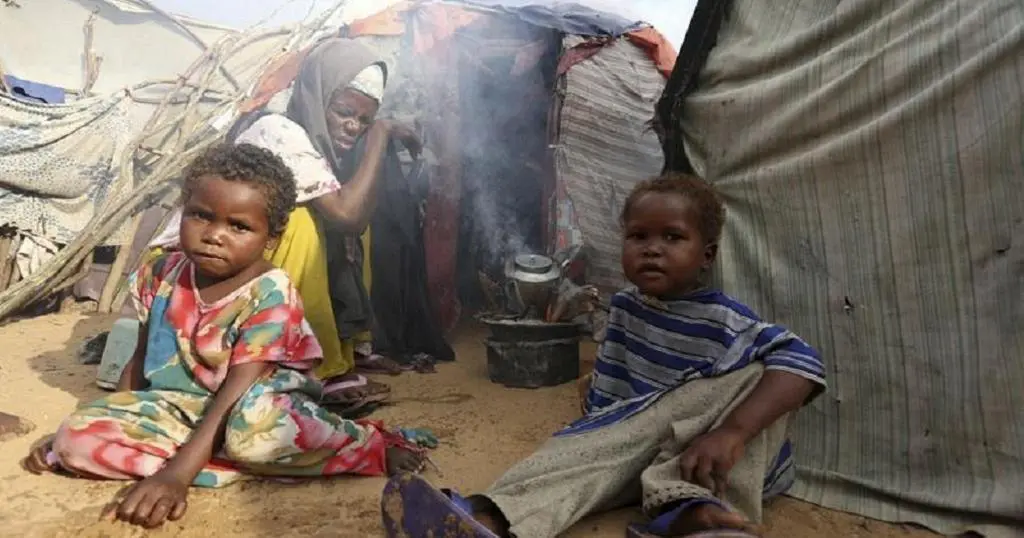The figures reported this year represent a significant increase from the estimated 55% in 2015.
Africa may be home to 90% of the world’s poor by 2030, as the continent’s governments have less and less fiscal space to invest in anti-poverty programs and economic growth remains slow. This is clear from the report of the World Bank Africa Pulse, which is published every two years.
The figures reported this year represent a significant increase from the estimated 55% in 2015, according to Bloomberg. They will become a reality unless drastic measures are taken, the bank said in a report that also reduces growth forecasts for the region’s major economies.
The pace of poverty reduction in Africa has “slowed down significantly” since the collapse in commodity prices, which began in 2014 and led to negative growth in gross domestic product per capita, the text said.
According to the data presented, the poverty rate in sub-Saharan Africa – defined as the percentage of people living on less than $ 1.9 a day – decreased between 1990 and 2015. At the same time, the sharp increase in population has led to an increase in the poor on the continent for the same period from 278 million to 416 million.
According to the bank, growth policies are needed to accelerate poverty reduction, and tight fiscal policies limit the ability of governments to allocate funds to the social sector.
Data show that the continent’s sovereign debt rose to 55% of gross domestic product in 2018 from 36% in 2013 due to a lack of fiscal consolidation after countries tried to overcome the effects of the global financial crisis by stimulating spending you are. Nearly 46% of African countries had debt problems or were perceived as high-risk countries in 2018, compared to 22% five years earlier.
The lender also cut its economic growth forecast for sub-Saharan Africa to 2.6%, down 2.8% from April.







